Chasing Liquidity Pools: Crypto Assets and Defi Apps Can Give Yields Up to 400% Annually While cryptocurrency markets have been red hot and...
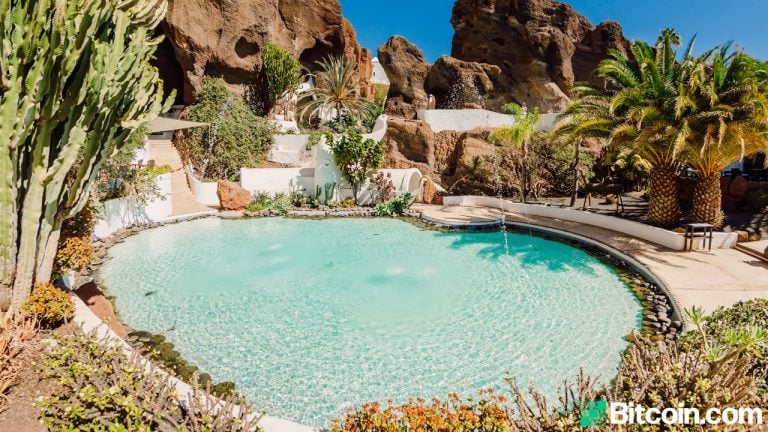 Chasing Liquidity Pools: Crypto Assets and Defi Apps Can Give Yields Up to 400% Annually
Chasing Liquidity Pools: Crypto Assets and Defi Apps Can Give Yields Up to 400% Annually 
While cryptocurrency markets have been red hot and gaining in value, demand for certain assets and liquidity has grown massive. At the same time, a myriad of crypto proponents are chasing significant returns by hunting for liquidity pools with colossal yields. These days certain decentralized finance (defi) applications can give a yearly ROI upwards of 100-400% in some cases depending on the applications leveraged.
Pools of Crypto Liquidity Are Growing
During the last year and a half, decentralized finance (defi) has grown more robust and today there’s $46.24 billion total value locked in defi apps, according to defipulse stats. While digital currencies like bitcoin (BTC), ethereum (ETH), and many other crypto assets have seen significant gains, people are also getting large returns for providing liquidity. Additionally, thanks to Web3 wallets like Metamask, providing liquidity without dealing with a centralized third-party is key to decentralized finance.
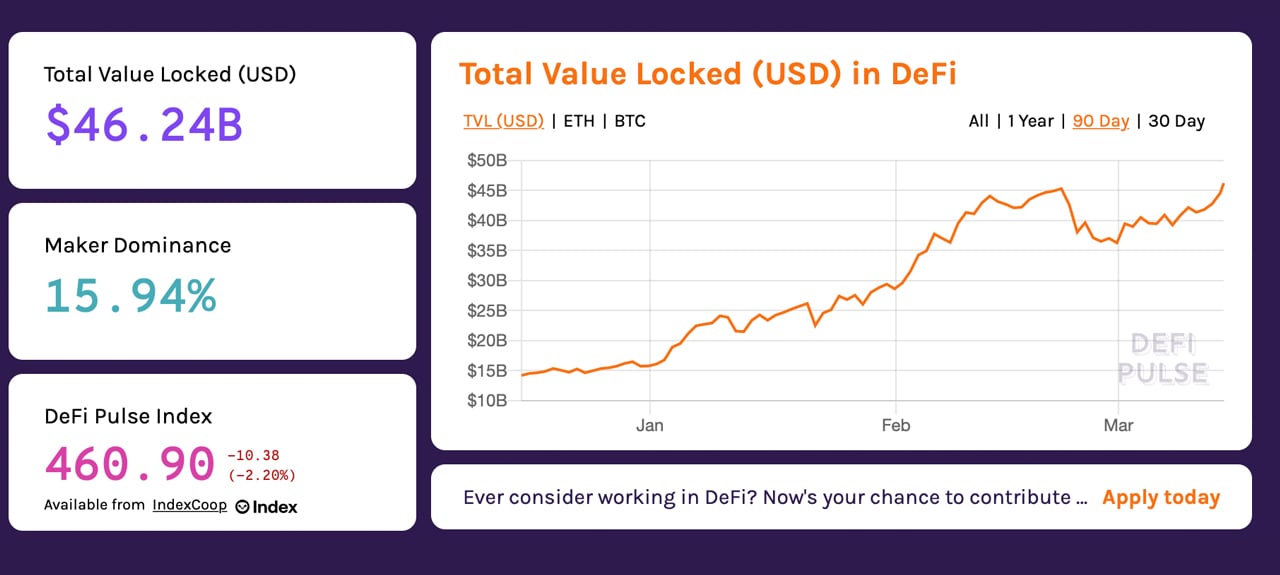
Last month, Bitcoin.com reported on crypto earnings, in comparison to a traditional savings account. The report noted how people can earn up to 17% annually using a variety of centralized and decentralized applications. 17% is a nice return and it outperforms the banks’ interest rates (0.50% to 0.66%) by a long shot, however, there are other cryptocurrency applications with much deeper yields.

The following article explains how returns of up to 400% can be obtained using defi apps like the Badger DAO (app.badger.finance) and the Decentralized Mercantile Exchange (Demex- app.dem.exchange).
It should be known that the APRs noted on both Badger, Demex and many other defi apps like Sushiswap and Uniswap, provide ROIs for liquidity providers but APRs are just estimations. An ROI rate per annum can change indefinitely, depending on the weight of pools and cryptocurrency price fluctuations. There are also other risks as well, like the losses that can incur if ethereum (ETH) theoretically had a sudden and deep price crash. Defi applications must be reviewed before they are tried and there is plenty of documentation concerning these platforms in comprehensive detail strewn across the web.
Switcheo’s Decentralized Mercantile Exchange
The first platform that offers a considerable ROI can be found by utilizing the pools housed on Demex, an application that runs on the Switcheo Tradehub. Currently, without any commit duration, liquidity providers can get 228% leveraging the NNEO/ETH pool. Other top pools include the USDC/WBTC pool (113% APR), USDC/SWTH (101% APR), and ETH/SWTH (79.9% APR).
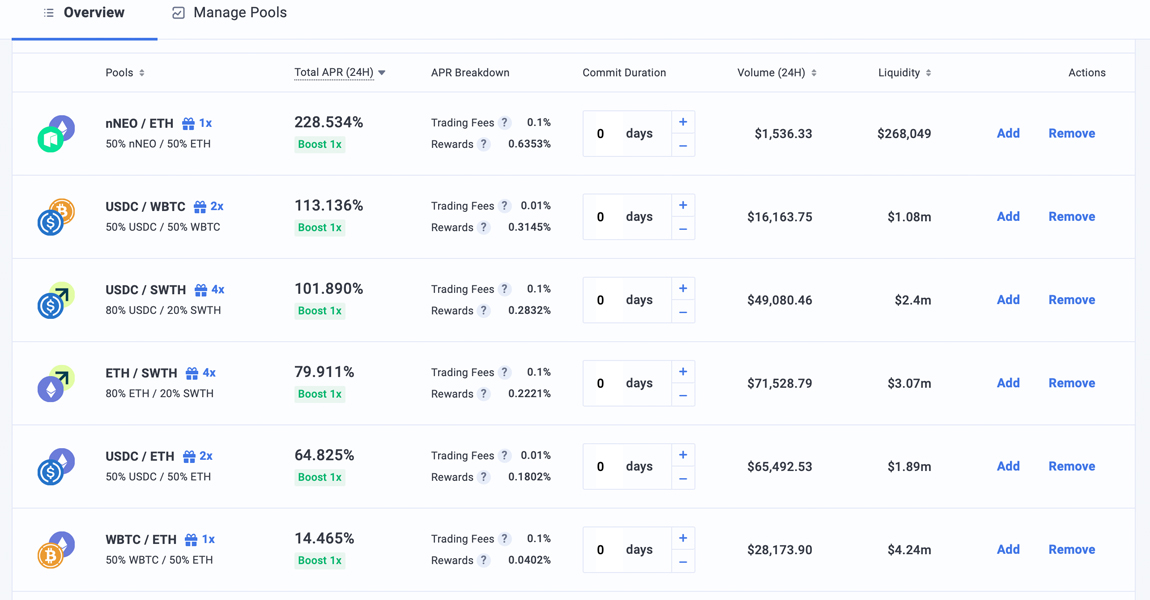
These annual percentage rates can fluctuate depending on pool size and reward weights. One downfall to using Demex includes current ethereum (ETH) transaction fees, and the trading platform requires an initial transaction to connect the coin owner’s wallet to the decentralized exchange. Today, a Demex pool quote says a 30-day commit to the NNEO/ETH pool can garnish around 391%. However, APRs on Demex and most other decentralized exchange (dex) platforms fluctuate and are not guaranteed to remain static.

The fees needed to connect with app.dem.exchange (Demex), and then load up the platform wallet can be expensive to someone not used to ethereum (ETH) contract interaction fees. A person can easily connect to Demex via Metamask, Ledger Wallet, or an encrypted key. The connection fee to securely leverage Demex may be daunting to first-time users because of ether fees and the cost of contract interactions.
In order to connect with Demex on March 13, 2021, the gas price in gwei was 133 or $93.22 just to securely communicate with the decentralized exchange. Depositing funds into Demex will also incur Ethereum network processing fees per transaction. Obviously, ETH network fees go against an aggregated ROI and should be accounted for when calculating returns.
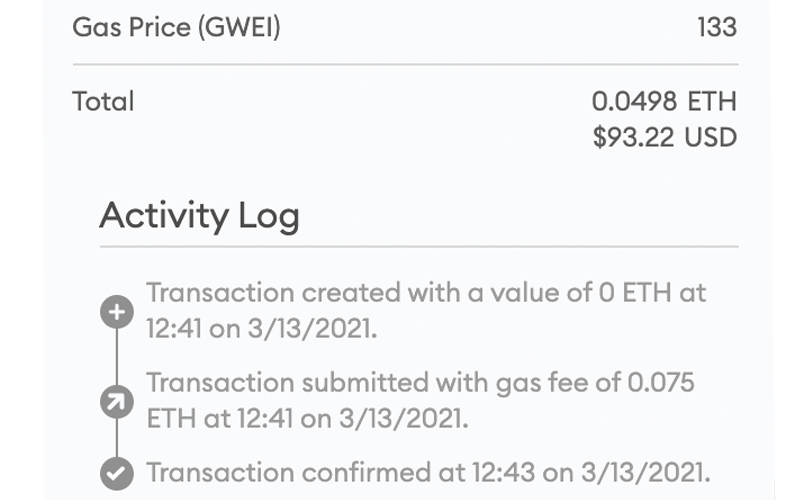
Once connected and the person decides which pool they want to use, they need to figure out how much of each pair they need to provide. The NNEO/ETH pool for instance is 50% to 50%, which means if you want to add $1000 worth of ETH, you also need to add $1000 worth of NNEO. The ETH/SWTH liquidity pool is 80% ETH and 20% SWTH, so if the individual chose to add $1000 in ETH, they would also need to add $200 in SWTH.
A commit duration will also boost the APR, and if the individual commits to 30 days locked, the ROI rate will increase a great deal more. Currently, Demex offers liquidity pairs in ETH, USDC, NNEO, SWTH, WBTC, CEL, NEX, and others. Some liquidity pairs, however, have zero APRs as there’s no liquidity in these pools.
Demex was launched by the switcheo (SWTH) team and announced back in May 2020. The Demex ecosystem has governance protocols and the platform is noncustodial and doesn’t hold a user’s funds. The system has its own native wallet infrastructure that connects with wallets like Metamask and the platform offers a mnemonic seed.
Badger DAO and Bitcoin-Centric SETTs
Another platform that can be leveraged for considerable APRs is the Badger DAO, which is a BTC-centric defi platform. With the native badger token (BADGER) and DIGG, the decentralized finance app Badger DAO has grown a great deal.

The noncustodial DIGG token is an elastic supply of a bitcoin (BTC) synthetic based on BTC’s fluctuating price. The Badger DAO also has an automated defi aggregator system called “SETT,” and the protocol is similar to Yearn Finance models. Using the Badger defi application, people can capture an APR using a BTC-centric decentralized exchange model. Badger also connects with Sushiswap, Uniswap, and Curve.fi as well.

Similar to Demex, individuals leveraging the Badger DAO can earn an annual ROI by providing liquidity. The Badger defi app supports ETH, WBTC, BADGER, DIGG, WETH, and tokenized BTC products from Curve.fi. Currently, the top pairs of SETT vaults are DIGG (130%), BADGER (13.76%), and WBTC/DIGG (180%).

Just like a myriad of defi applications, the Badger DAO app can be leveraged with a wallet like Metamask. Moreover, the Badger project also has a governance system that is governed by BADGER holders and the DAO’s community.
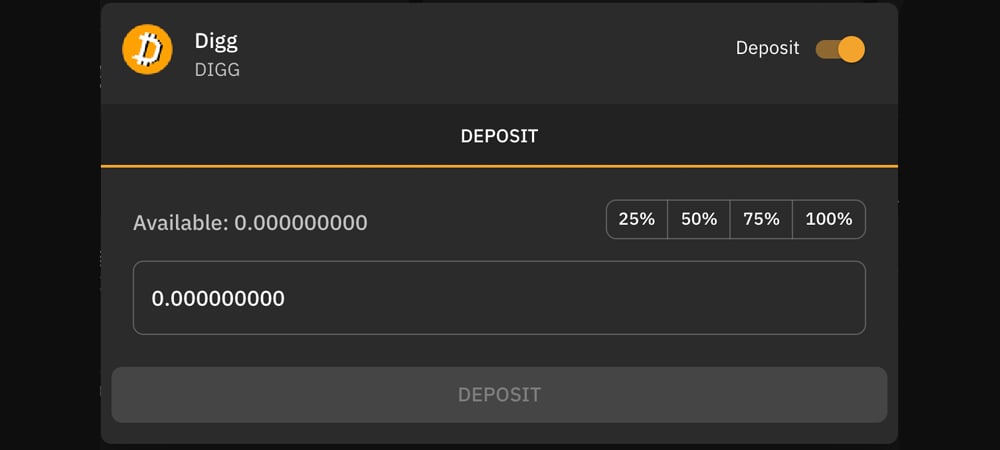
The project also has a comprehensive overview of documentation, which helps people get a grasp on how to leverage the Badger DAO for staking returns.
There are also a number of other defi applications like Sushiswap, Uniswap, Curve, Balancer, Bancor, Kyber Network, and more that offer higher than average liquidity returns. Some of these defi apps can be confusing to use at first, so using due diligence when researching these platforms is quite necessary.
Ethereum contract interaction fees can be menacing as well, and an individual can use an app like Uniswap, have the transaction fail but still pay the gas fee. Despite the learning process and the ETH fee hurdles, the ROIs from these pools can be very significant. APRs from decentralized pools of liquidity is just another nail in the coffin for the financial incumbents.
What do you think about the liquidity pools and the estimated APRs some of these defi applications offer? Let us know what you think about this subject in the comments section below.
Jamie Redman


No comments